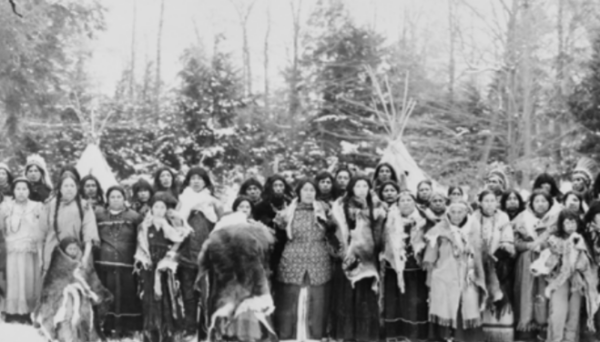
- Details
- By Rich Tupica
With the last day of Women’s History Month upon us, all are welcome to check out Women Win the Vote, the Centennial Gazette publication produced by the National Women’s History Alliance.
Native American women, who endured a long fight for voting rights in the United States, are covered on pages 7, 22 and 30. The full edition is available to read for free HERE. While non-Native American women won the right to vote in 1920, via the 19th Amendment, both Native women and men were not granted the right to vote in all 50 states until 1962—even after Native Americans had won U.S. citizenship in 1924, following The Indian Citizenship Act of 1924, also known as the Snyder Act. For further Women’s History Month reading, earlier this month, Biography published a nice breakdown of amazing women, check it out here: 5 Powerful and Influential Native American Women.
More Stories Like This
Native News Weekly (August 25, 2024): D.C. BriefsUS Presidents in Their Own Words Concerning American Indians
Two Murdered on Colville Indian Reservation
NDAA passes House; Lumbee Fairness Act Advances
NFL, Vikings to Host Native All-American Game, Youth Flag Clinic
Help us defend tribal sovereignty.
At Native News Online, our mission is rooted in telling the stories that strengthen sovereignty and uplift Indigenous voices — not just at year’s end, but every single day.
Because of your generosity last year, we were able to keep our reporters on the ground in tribal communities, at national gatherings and in the halls of Congress — covering the issues that matter most to Indian Country: sovereignty, culture, education, health and economic opportunity.
That support sustained us through a tough year in 2025. Now, as we look to the year ahead, we need your help right now to ensure warrior journalism remains strong — reporting that defends tribal sovereignty, amplifies Native truth, and holds power accountable.
 The stakes couldn't be higher. Your support keeps Native voices heard, Native stories told and Native sovereignty defended.
The stakes couldn't be higher. Your support keeps Native voices heard, Native stories told and Native sovereignty defended.
Stand with Warrior Journalism today.
Levi Rickert (Potawatomi), Editor & Publisher
